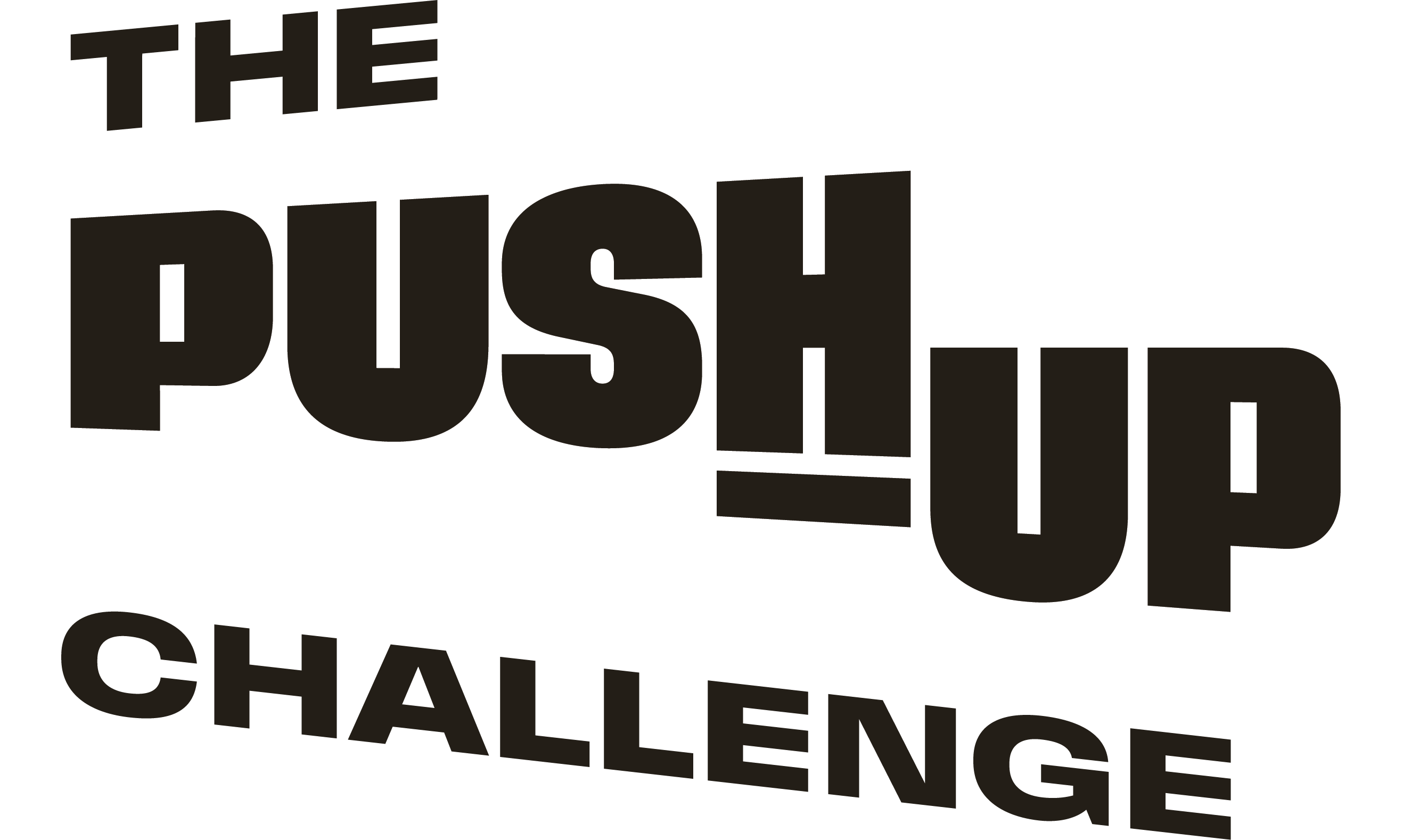“Have you seen Kylie lately?”
"Not since Tim’s party a month ago, and she was really quiet that night. Not like herself at all. I think she might be depressed.”
“Really? Then what can we do to help?”
And so the intervention begins.
If you want to help support your friend through depression, though, it’s important to understand what they’re dealing with. So, let’s talk a little about depression.
"Not since Tim’s party a month ago, and she was really quiet that night. Not like herself at all. I think she might be depressed.”
“Really? Then what can we do to help?”
And so the intervention begins.
If you want to help support your friend through depression, though, it’s important to understand what they’re dealing with. So, let’s talk a little about depression.
What does depression look like?
It doesn’t really matter whether your friend ticks all the boxes for a formal diagnosis of depression (1) or not. If they’re feeling low, then they can use your help. Sometimes it’s obvious that someone is feeling depressed. There are a few tell-tale signs to watch out for.They may start spending their days slumped in front of the television not connecting with their friends. They may be turning down invitations they’d normally jump at or not smiling at your best joke. Another sign to look for is constant tiredness. They might not be sleeping well, or they may be wanting to spend too much time in bed. Depression can also affect both appetite and the motivation to cook, so your friend might not be eating much at all or may be eating too much junk food.
The language they use can also be telling. They may sound more negative about themselves and about their lives than usual (2). Look out for all or nothing language such as ‘I can’t do this’ or labelling themselves as feeling depressed. The problem with using negative language like that is they tend to believe it.

A different way of thinking about depression
I want to introduce a different way of thinking about depression. Most people tend to talk about depression as part of themselves. If you say, “I am depressed”, you will be depressed. It becomes your truth. But what if you change that to, “I’m struggling with depression”? That allows you to think about depression as something you can fight. If you think of depression as the enemy rather than thinking of depression as part of who you are, it’s easier to find a way to fight back.Helping your friend fight depression
Depression truly is a sneaky enemy, but it can be beaten. If you help your friend think of depression as the enemy rather than as part of who they are, then you can help them overcome their enemy.Most people are familiar with the idea of the ‘black dog’ (3). It’s a way of naming depression as something outside of yourself. If, however, you like dogs, you might prefer to think of depression as an ugly monster rather than a cute black dog. I encourage people to imagine depression as a parasitic monster hanging around their neck and feeding off their energy. The depression monster might look like Gollum from The Lord of the Rings or like a gigantic black spider that paralyses its victims with its sting. These images can help make sense of the lack of energy and the lack of motivation that go together with depression.
You might encourage your friend to try imaging what their own depression monster looks like. You might even suggest they give it a name. By picturing it, they start to see the monster as something outside of themselves. They start to identify an enemy they can stand up and fight against!

How else can I support my friend?
Once your friend is ready to fight against depression, you might support them further in practical ways, such as:- suggesting you catch up for regular morning walks. This can help in several ways including:
- getting them outdoors in the sunlight (4) breathing the fresh air
- getting even small amounts of regular exercise helps combat depression (5)
- providing a chance to spend time with people they are comfortable with
- giving opportunities for mindfulness – encourage them to ‘stop and smell the roses’ as you walk
- suggest you both sign up for The Push-Up Challenge to learn more about mental health and possibly raise money for a good cause
- actively encouraging them to do things they enjoy
- inviting them over for lunch or dinner and modelling good food choices (6) by making healthy, easy-to-prepare food
- letting them know you’re there to listen if they want to talk about things.
Finally, if your friend continues to struggle with depression, please encourage them to speak with their GP about getting professional support.
Dr Tracey Zielinski is a clinical psychologist with more than 20 years’ experience working primarily with adults and older adults. She currently runs her own telehealth private practice and has recently published her first book. Tracey is passionate about helping people step into the best relationship they have ever had with themselves. Visit her website.
1. American Psychiatric Association. Diagnostic and Statistical Manual of Mental Disorders . Fifth Edition. Washington, DC: American Psychiatric Publishing; 2013. 160–161 p.
2. Al-Mosaiwi M. People with depression use language differently - here’s how to spot it. https://theconversation.com. 2018.
3. Horne C. “Black Dog:” Depression & How It Works. https://www.betterhelp.com. 2022.
4. Vanbuskirk S. The Mental Health Benefits of Sunlight. https://www.verywellmind.com. 2020.
5. Pearce M GLAA et al. Association Between Physical Activity and Risk of Depression: A Systematic Review and Meta-analysis. JAMA Psychiatry. Published online April 13, 2022. doi:10.1001/jamapsychiatry.2022.0609. JAMA Psychiatry Published online. 2022 Apr 13;
6. Tello M. Diet and depression. https://www.health.harvard.edu/blog. 2020.
1. American Psychiatric Association. Diagnostic and Statistical Manual of Mental Disorders . Fifth Edition. Washington, DC: American Psychiatric Publishing; 2013. 160–161 p.
2. Al-Mosaiwi M. People with depression use language differently - here’s how to spot it. https://theconversation.com. 2018.
3. Horne C. “Black Dog:” Depression & How It Works. https://www.betterhelp.com. 2022.
4. Vanbuskirk S. The Mental Health Benefits of Sunlight. https://www.verywellmind.com. 2020.
5. Pearce M GLAA et al. Association Between Physical Activity and Risk of Depression: A Systematic Review and Meta-analysis. JAMA Psychiatry. Published online April 13, 2022. doi:10.1001/jamapsychiatry.2022.0609. JAMA Psychiatry Published online. 2022 Apr 13;
6. Tello M. Diet and depression. https://www.health.harvard.edu/blog. 2020.




